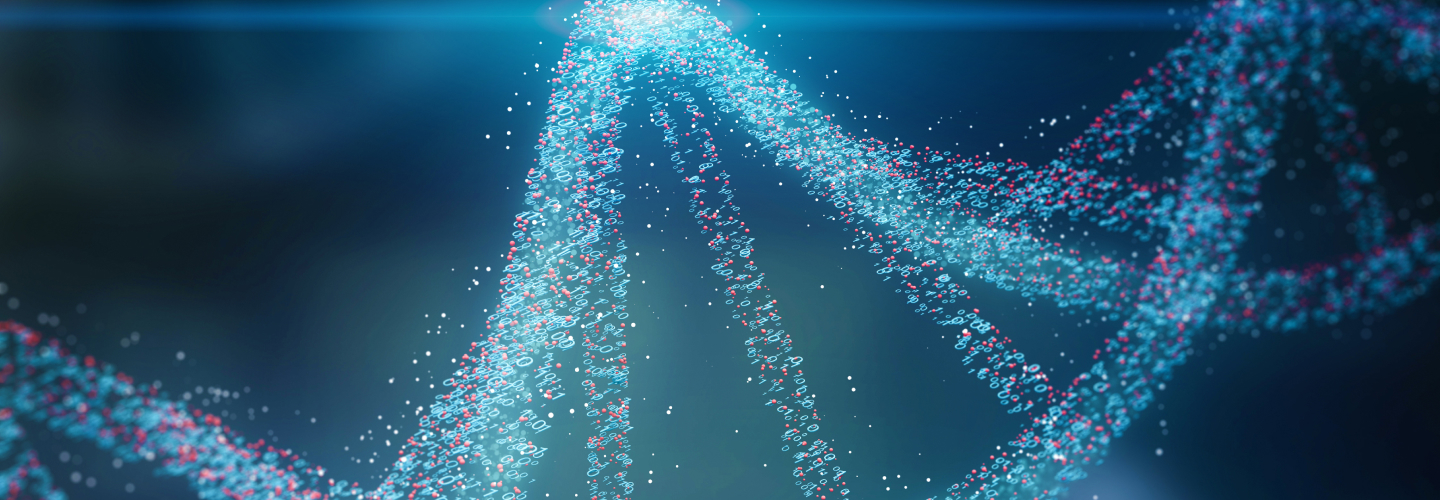JAX is fulfilling an urgent need for accurate animal models to test vaccines, neutralizing antibodies and other therapeutics against the SARS-CoV-2 virus to protect the global community against future COVID-19 pandemics. In humans, the virus enters cells by binding to ACE2, a cell surface protein that is slightly different in mice, which as a species, are not naturally susceptible to the disease. JAX is currently distributing a mouse model called K18-hACE2, donated by its creators Stanley Perlman and Paul McCray, that overcomes this obstacle through the introduction of human ACE2 genes. The resulting transgenic mouse is highly susceptible to SARS-CoV-2 infection. The dissemination of the K18-haACE2 model by JAX is a huge step forward for pre-clinical testing of vaccines and antiviral drugs.
Next-generation models for COVID-19 research
Thanks in part to recent gifts totaling $100,000 from supporters, JAX scientists will now develop innovative, more accurate mouse models for COVID-19 research that authentically mimic human responses to the viral life cycle. The new models will enable exploration of common and often lethal complications in COVID-19 patients with hypertension, diabetes or cardiovascular conditions. Read more

